Heart Failure Treatment
Our cardiologists are highly skilled in treating heart failure and its underlying causes. Our therapies help relieve your symptoms so you can get back to the activities you enjoy. From medication to surgery, we make a treatment plan that works for you.
BJC HealthCare works with Washington University physicians, BJC Medical Group, and providers across the region to deliver extraordinary care. We offer comprehensive diagnosis and treatment for all stages of heart failure. Thousands of people throughout the region turn to us each year for our experience and training in heart failure care.
At our hospitals you’ll find:
Recognized expertise: Several of our hospitals have been ranked as High Performing in heart failure care by U.S. News & World Report. This national recognition illustrates our commitment to providing high-quality care.
Range of treatments: We draw on many treatments to help you have a better quality of life. Our experts build a plan for your needs, from medication and cardiac rehabilitation to surgery and heart transplantation.
Personalized care: Our specialists create personalized treatment plans to relieve your symptoms and keep your heart from further weakening. Whenever possible, we begin with a conservative (non-surgical) approach.
Collaborative team: Cardiologists, heart surgeons, electrophysiologists, heart imaging specialists and other providers work together to plan your care.
When Larry’s heart was failing, doctors implanted a left ventricular assist device (LVAD) in his heart to keep him strong until he could receive a transplant.
Heart failure is a serious condition in which your heart can no longer pump enough blood to your body. It doesn’t mean your heart has stopped working, but heart failure gradually worsens and can cause more serious conditions.
Heart failure may result from a previous heart attack, coronary artery disease or other cardiovascular conditions. It can lead to fatigue, constant coughing, shortness of breath or an irregular heartbeat. Over time, heart failure can cause serious organ damage and life-threatening complications.
You may need surgery for an implantable device or a heart transplant if heart failure becomes severe. Our experienced team of heart surgeons is highly skilled in the most advanced surgical procedures for heart failure. We are among only a few providers in the region to offer left ventricular assist device implantation and heart transplant surgeries.
Doctors can treat — and sometimes reverse — heart failure by treating the underlying cause. Procedures to repair a heart valve or control an irregular heart rhythm, for example, are treatments that provide solutions.
Find out more about your options for heart surgery and vascular surgery.
Medications ease the workload on your heart so it can pump more efficiently. Depending on the causes of heart failure, you may need one or more medications, such as:
You may need surgery for an implantable device or a heart transplant if heart failure becomes severe. Our experienced team of heart surgeons is highly skilled in the most advanced surgical procedures for heart failure. We are among only a few providers in the region to offer left ventricular assist device implantation and heart transplant surgeries.
Doctors can treat — and sometimes reverse — heart failure by treating the underlying cause. Procedures to repair a heart valve or control an irregular heart rhythm, for example, are treatments that provide solutions.
Find out more about your options for heart surgery and vascular surgery.
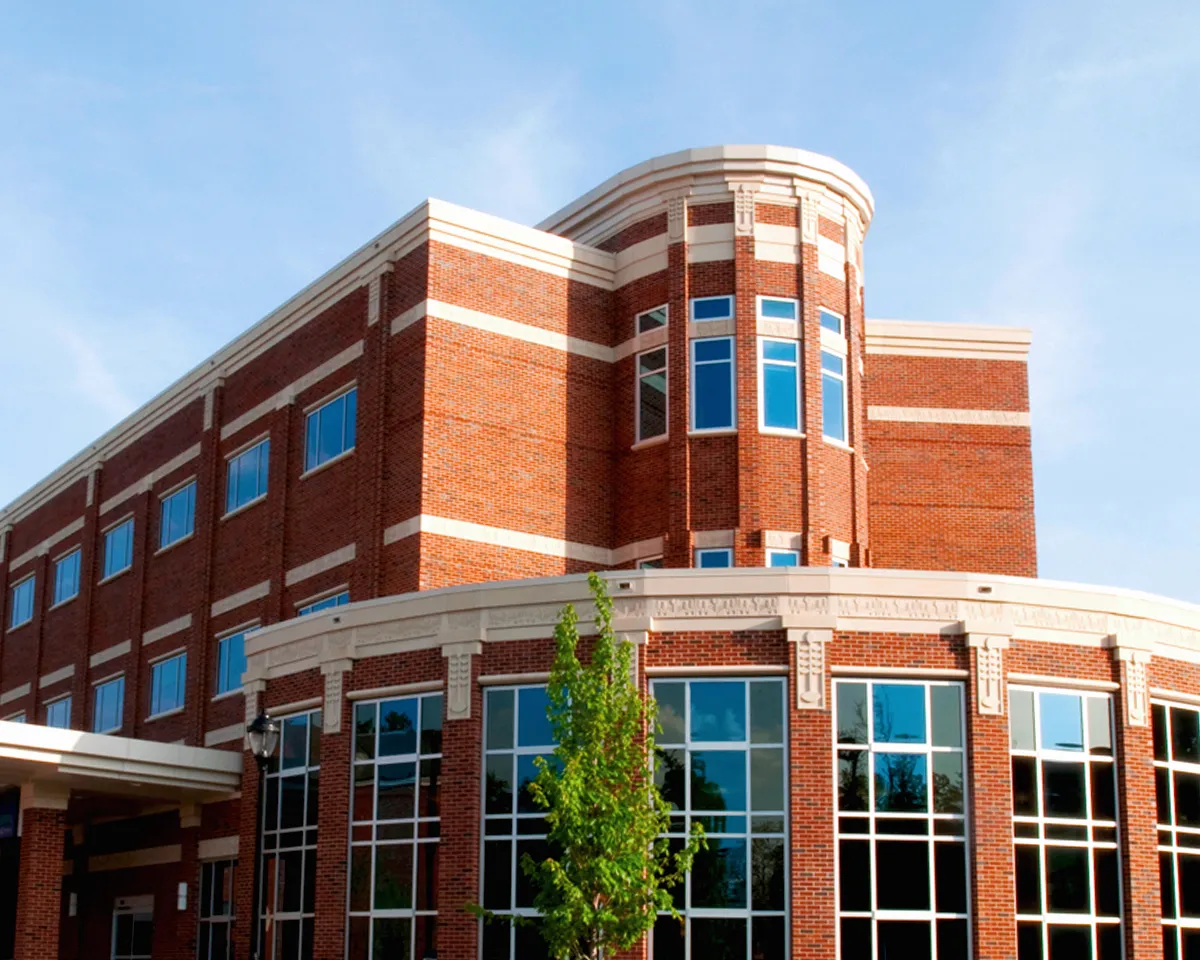 Alton Memorial Hospital
Alton Memorial Hospital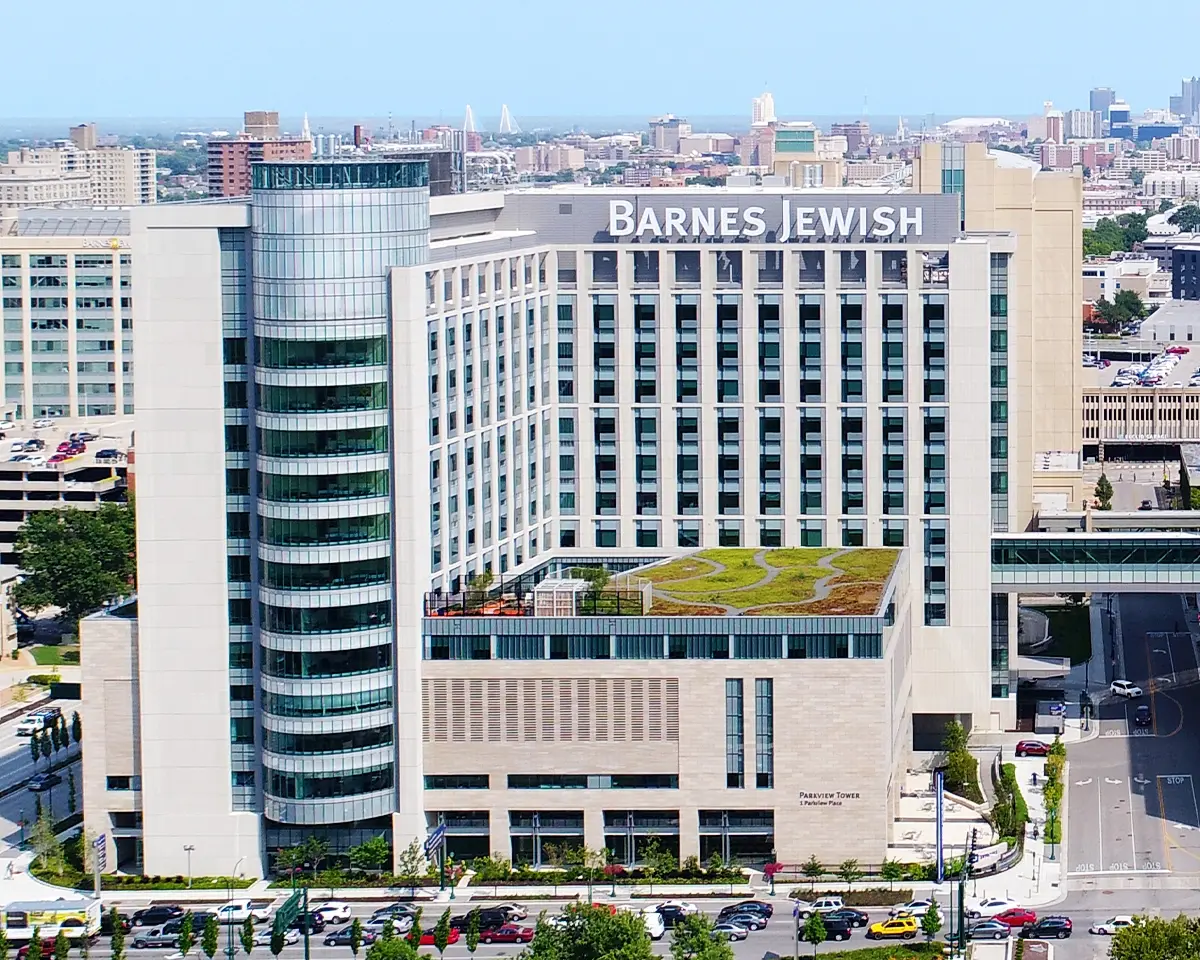 Barnes-Jewish Hospital
Barnes-Jewish Hospital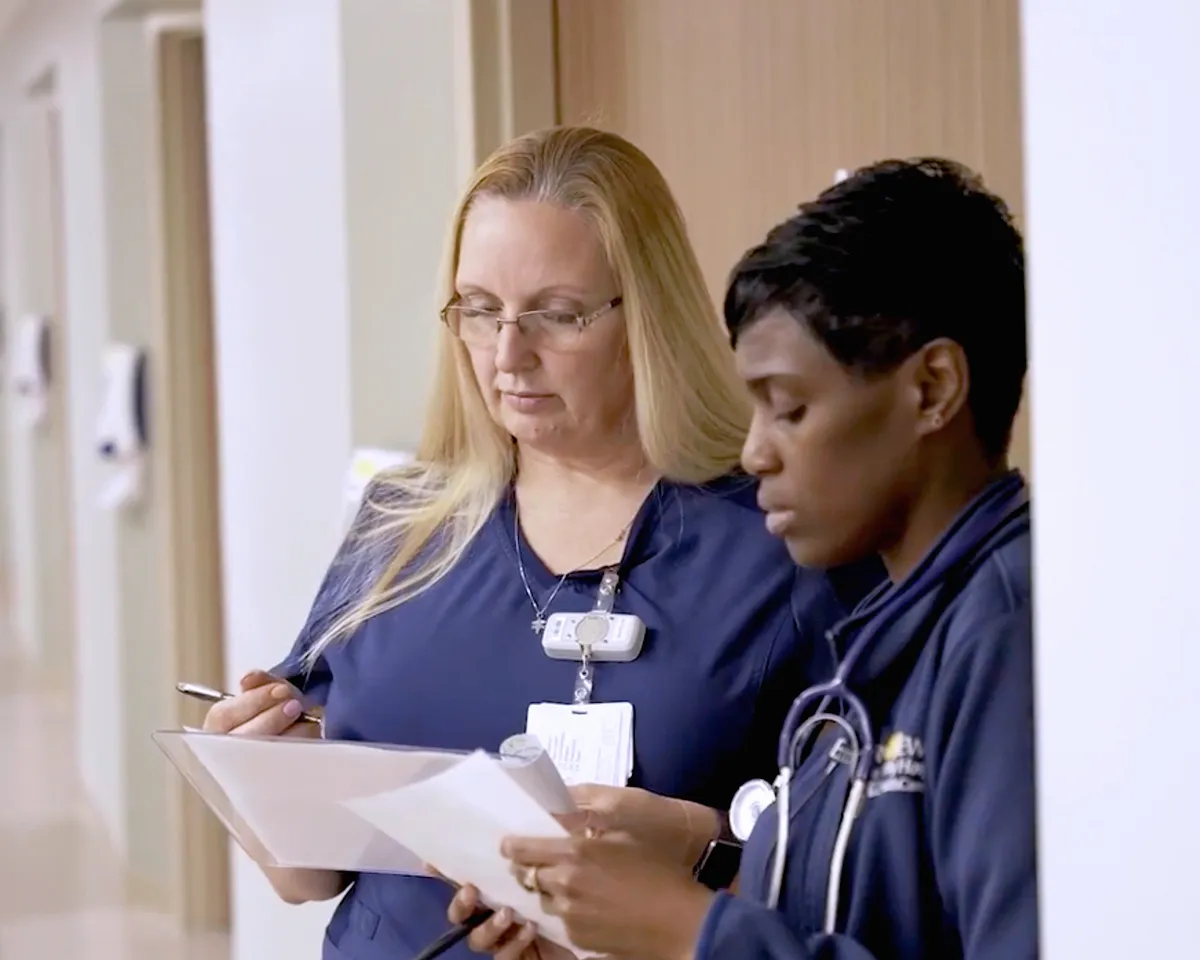 Barnes-Jewish St. Peters Hospital
Barnes-Jewish St. Peters Hospital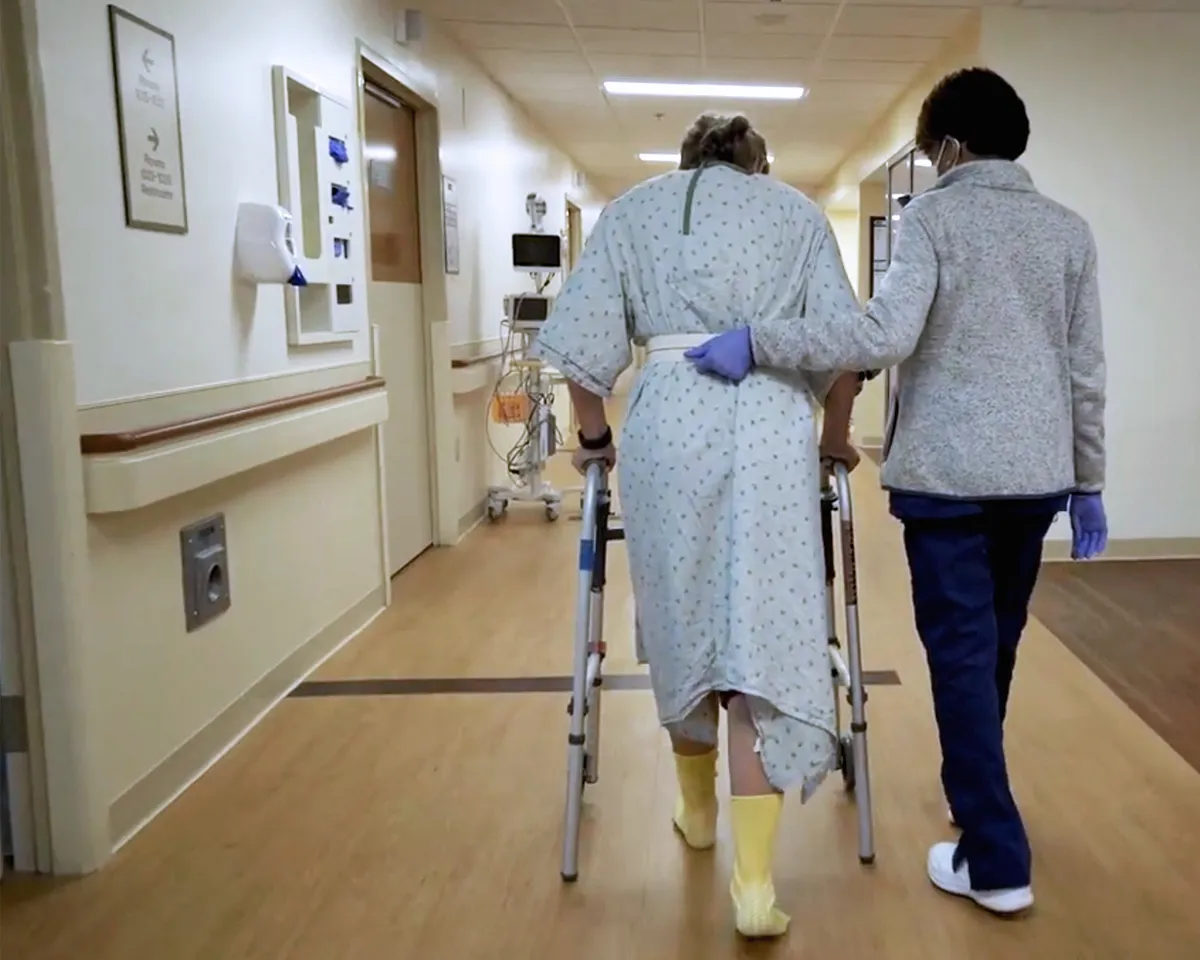 Christian Hospital
Christian Hospital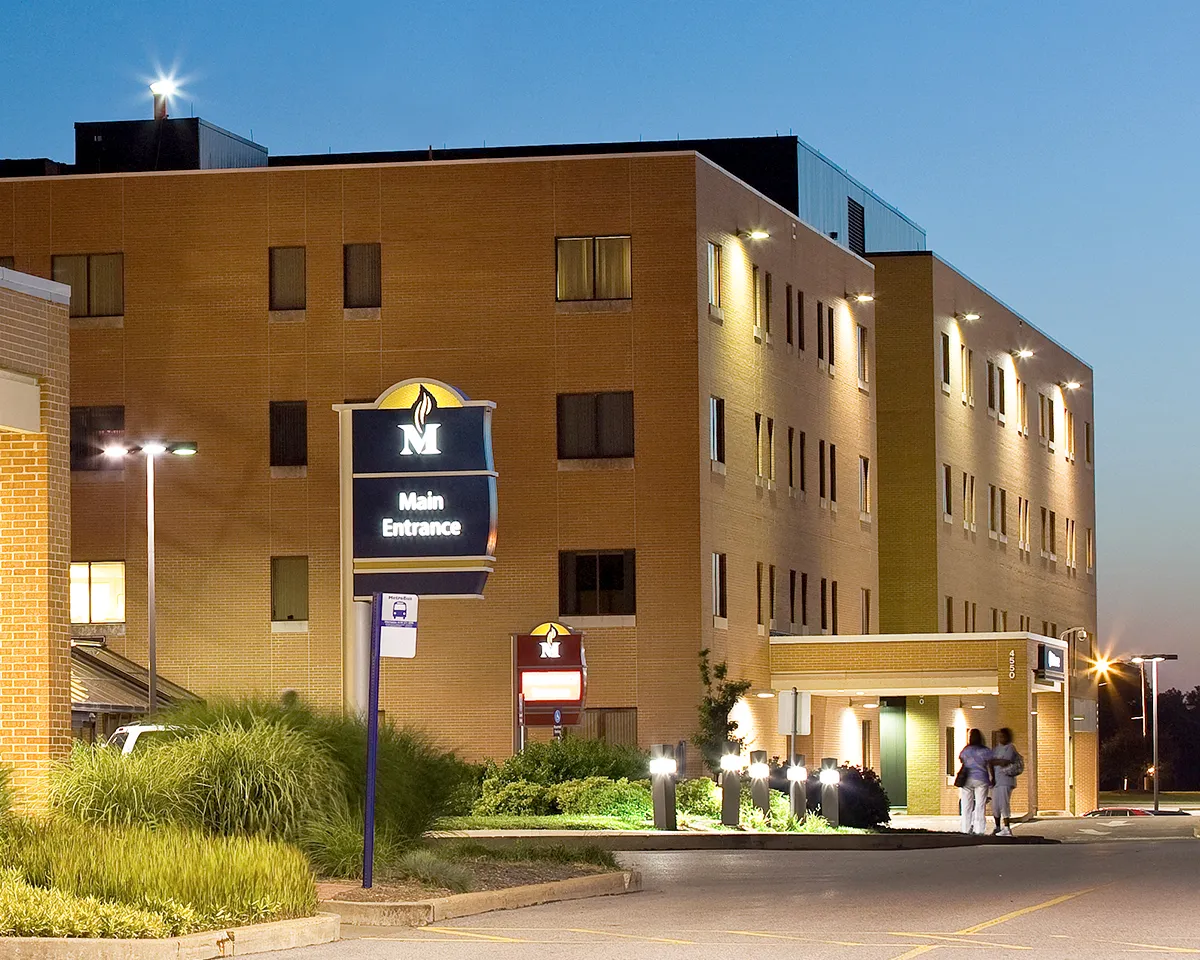 Memorial Hospital Belleville
Memorial Hospital Belleville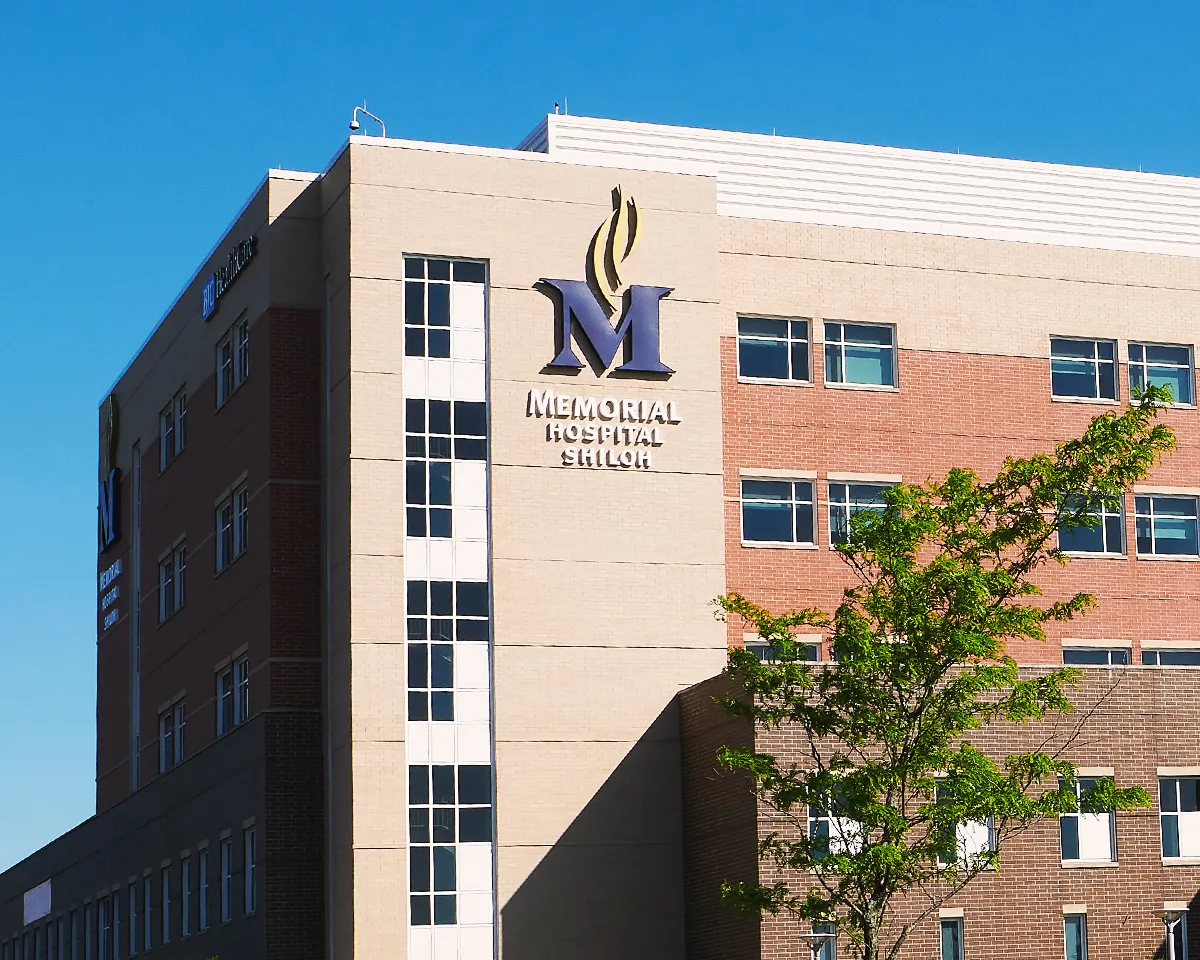 Memorial Hospital Shiloh
Memorial Hospital Shiloh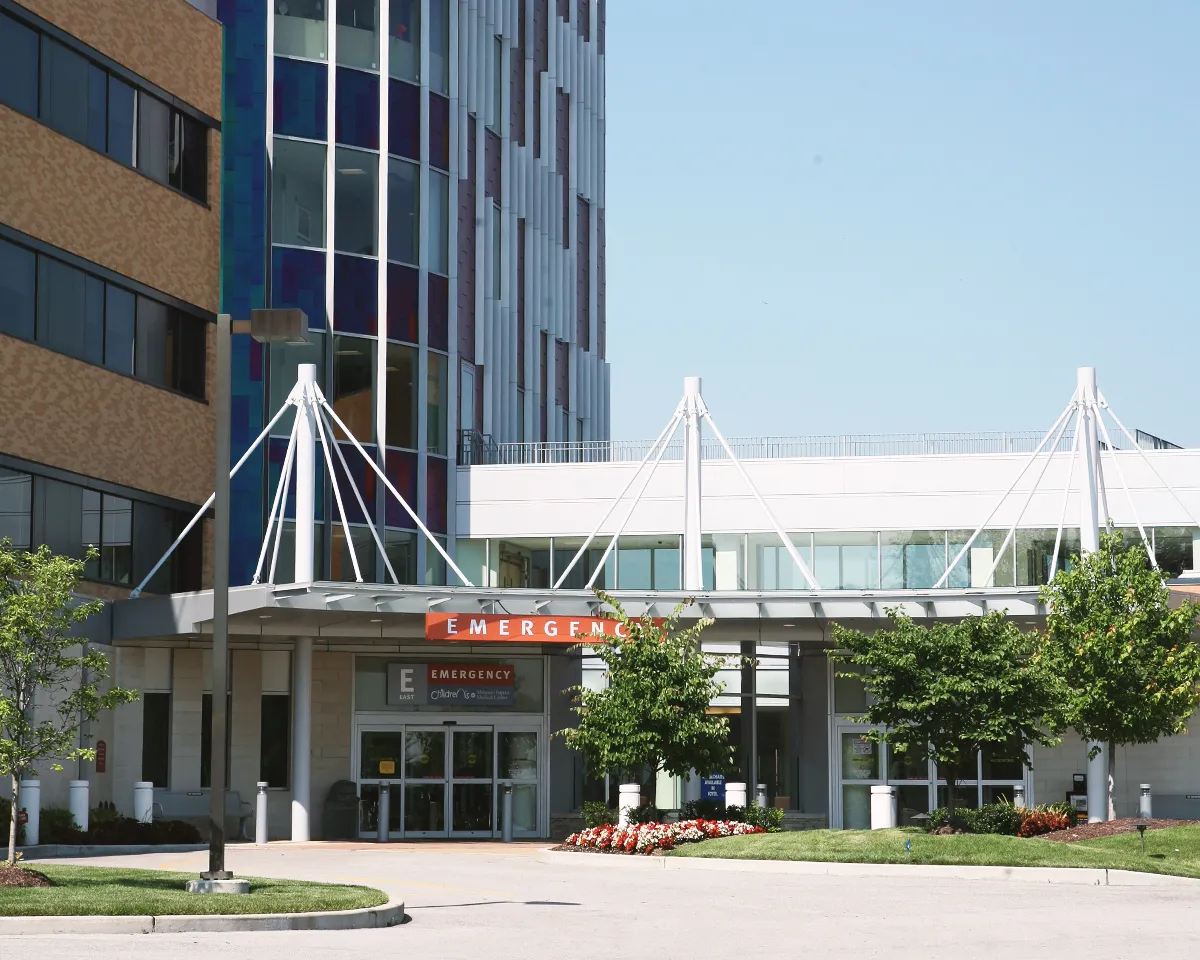 Missouri Baptist Medical Center
Missouri Baptist Medical Center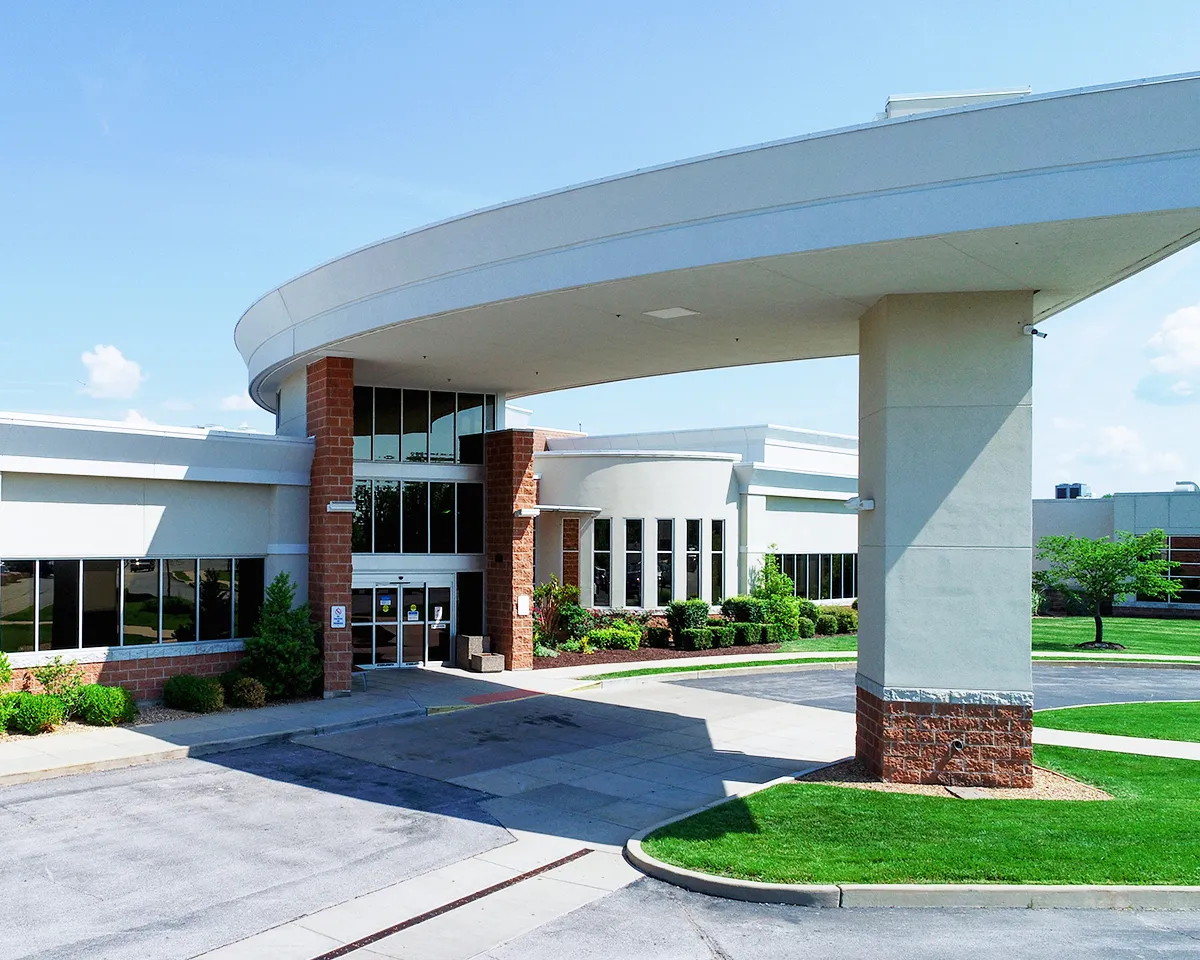 Missouri Baptist Sullivan Hospital
Missouri Baptist Sullivan Hospital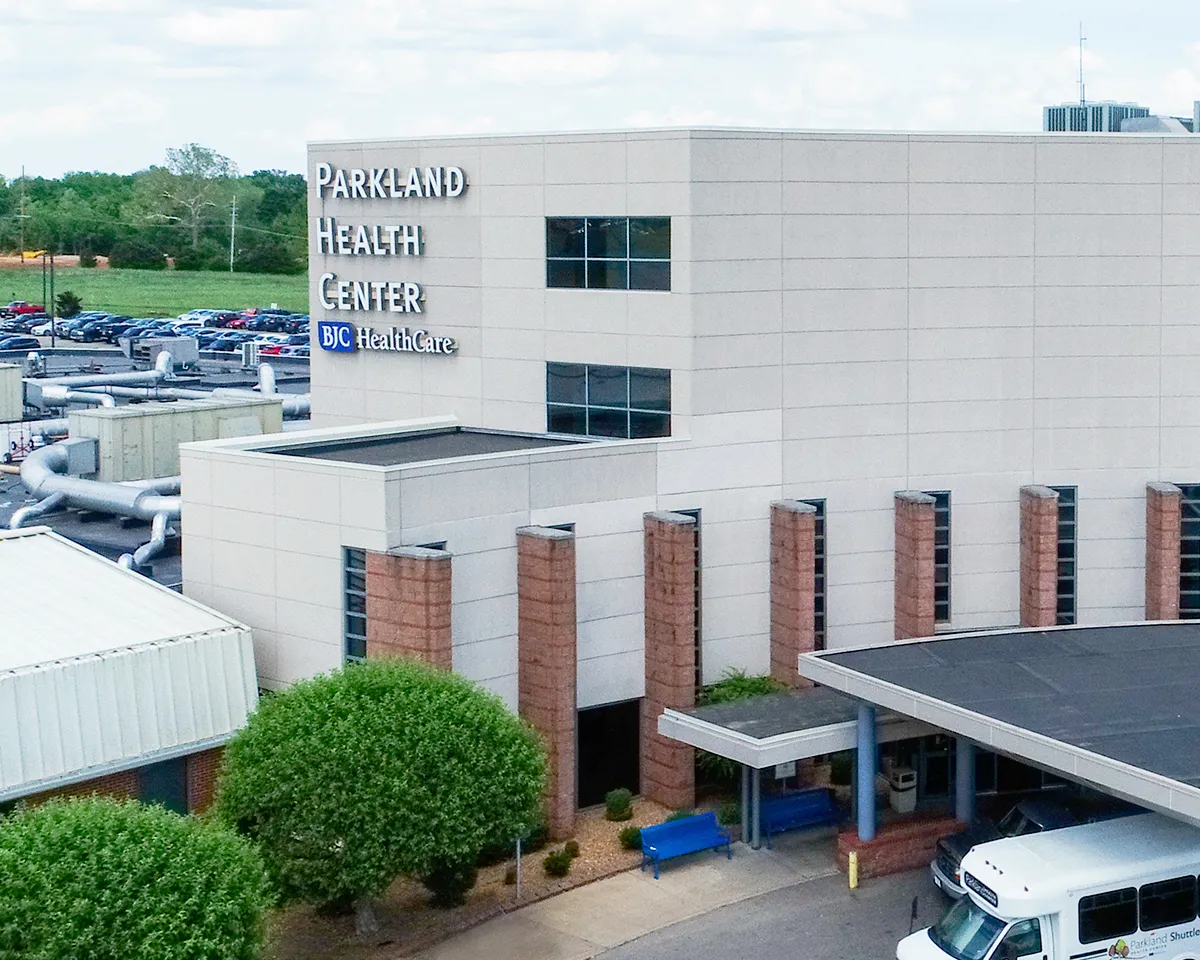 Parkland Health Center
Parkland Health Center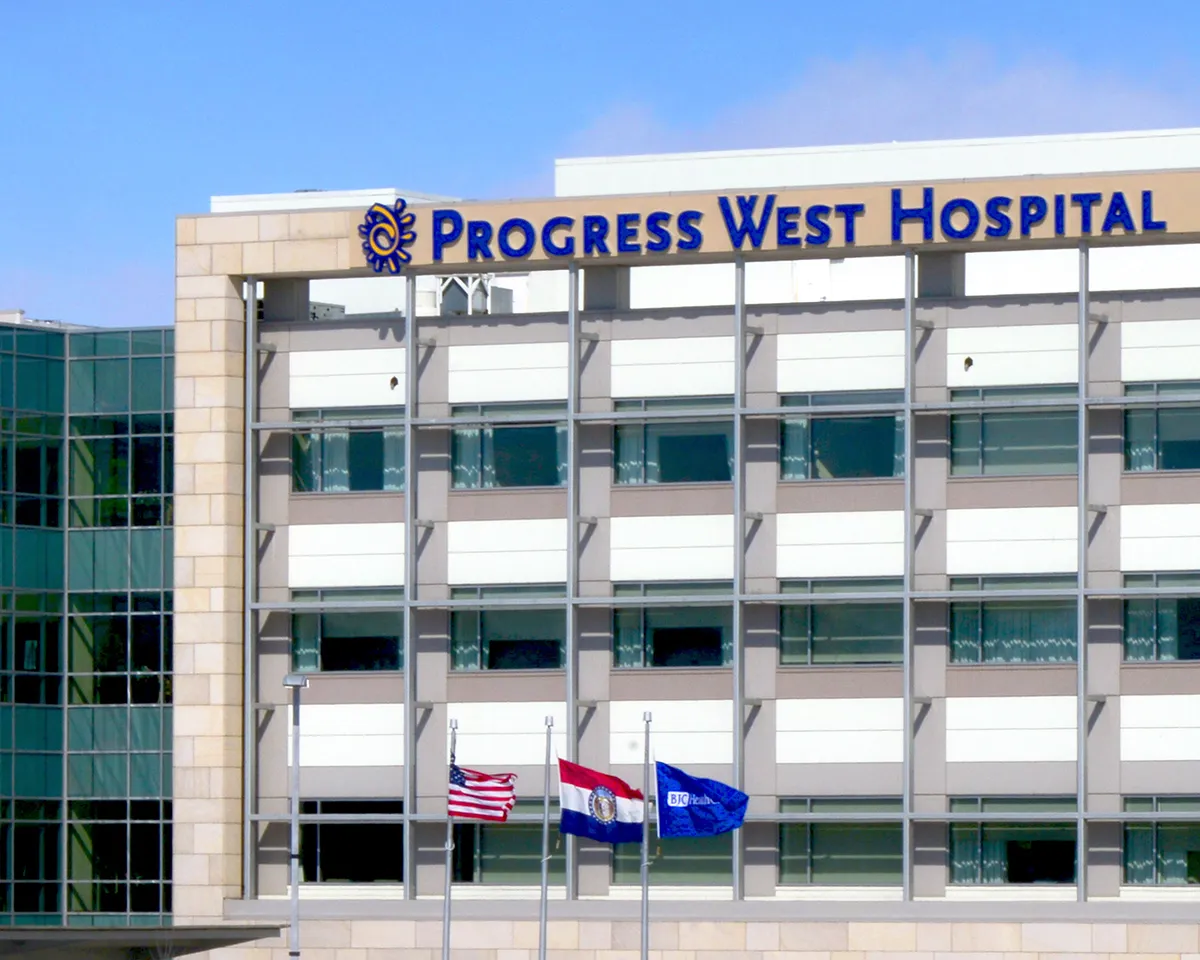 Progress West Hospital
Progress West Hospital
Schedule your appointment
Call (314) 362-9355 or (800) 392-0936 to schedule your appointment with a specialist.